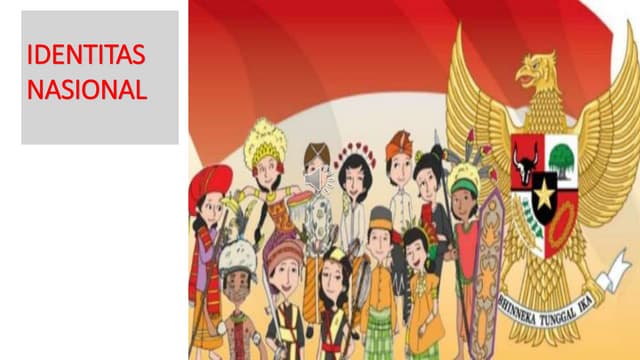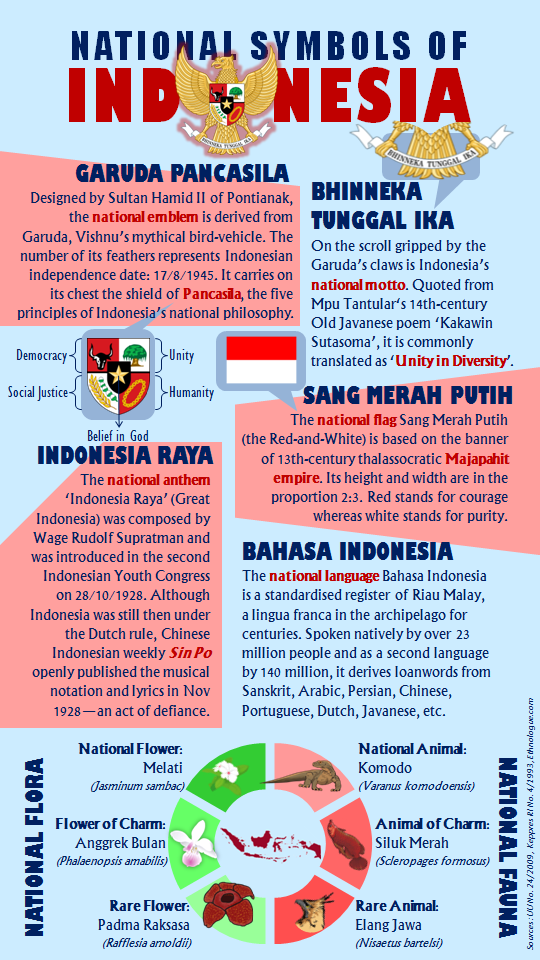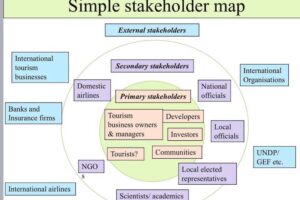National identity is a complex and multifaceted concept that encapsulates the sense of belonging and shared values among individuals within a nation. It is not merely an inherited trait but a construct shaped by historical, cultural, and social influences. This article delves into the definition, formation, and significance of national identity, with a specific focus on Indonesia’s unique journey in defining its national identity.
Understanding National Identity
At its core, national identity refers to the collective consciousness of a people, rooted in shared traditions, culture, language, and historical experiences. It serves as a unifying force that distinguishes one nation from another. As defined in the reference text, national identity can be seen as “the awareness of difference” and the recognition of “us” versus “them.” This psychological dimension highlights the emotional and cognitive aspects of belonging to a particular nation.
In Indonesia, the concept of national identity has evolved over time, influenced by various factors such as geography, history, and socio-political dynamics. The Indonesian archipelago, with its diverse ethnic groups, languages, and cultures, presents a unique challenge in forming a cohesive national identity. However, this diversity also enriches the national character, fostering a sense of unity in diversity.
Formation of National Identity

The formation of national identity is a dynamic process, shaped by both objective and subjective factors. Objective factors include geographical and demographic elements, such as the country’s location in Southeast Asia and its tropical climate. These conditions have historically influenced the development of economic, social, and cultural practices in Indonesia.
Subjective factors, on the other hand, involve the social, political, and cultural dimensions that contribute to the construction of national identity. These include the role of education, media, and public discourse in shaping perceptions of national identity. The reference text emphasizes that national identity is not innate but is constructed through social interactions and collective experiences.
Key Elements of National Identity

Several key elements define the national identity of Indonesia:
- Pancasila: As the ideological foundation of the nation, Pancasila represents the five principles that guide the country’s governance and societal values.
- Bendera Merah Putih (Red and White Flag): This flag symbolizes the bravery and purity of the Indonesian people.
- Bahasa Indonesia (Indonesian Language): As the national language, it serves as a unifying element among the diverse ethnic groups.
- Garuda Pancasila (Pancasila Garuda): The national emblem, representing strength and unity.
- Bhinneka Tunggal Ika (Unity in Diversity): This semboyan reflects the essence of Indonesian society, where differences are celebrated as part of a larger whole.
Functions of National Identity
National identity plays several crucial roles in the life of a nation:
- Unifying Force: It fosters a sense of belonging and cohesion among citizens, promoting social harmony.
- Foundation for Governance: It provides a framework for the state’s policies and laws, ensuring that they align with the nation’s values and aspirations.
- Cultural Differentiation: It distinguishes the nation from others, preserving its unique cultural heritage and identity.
Characteristics of National Identity
The characteristics of national identity in Indonesia include:
- Desire for Independence: The historical struggle against colonial rule instilled a strong desire for self-determination and sovereignty.
- Unity and Solidarity: Despite its vast geographical expanse and cultural diversity, Indonesia maintains a sense of unity and solidarity among its people.
- Resilience and Adaptability: The ability to adapt to changing circumstances while preserving core values is a hallmark of Indonesian national identity.
Challenges and Opportunities
While Indonesia has made significant strides in defining its national identity, challenges remain. The rapid pace of globalization and the influence of external cultures pose threats to the preservation of traditional values. Additionally, the need for inclusive policies that recognize and respect the diversity of the population is essential.
However, these challenges also present opportunities for growth and innovation. By embracing its rich cultural heritage and leveraging modern technologies, Indonesia can strengthen its national identity and enhance its global standing.
Conclusion
In conclusion, national identity is a vital component of a nation’s existence, serving as a unifying force that binds its people together. For Indonesia, the journey to define its national identity has been shaped by a complex interplay of historical, cultural, and social factors. As the nation continues to evolve, it must remain committed to preserving its unique identity while embracing the opportunities of the future. Through education, cultural preservation, and inclusive policies, Indonesia can ensure that its national identity remains vibrant and relevant in the years to come.








